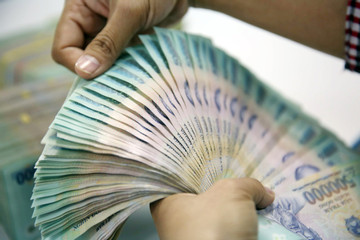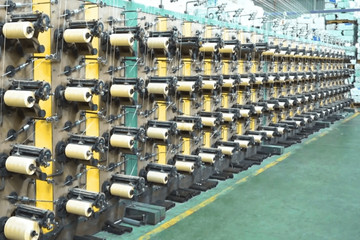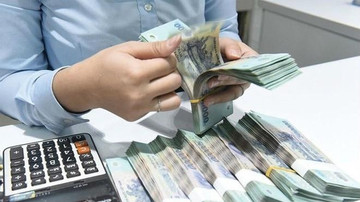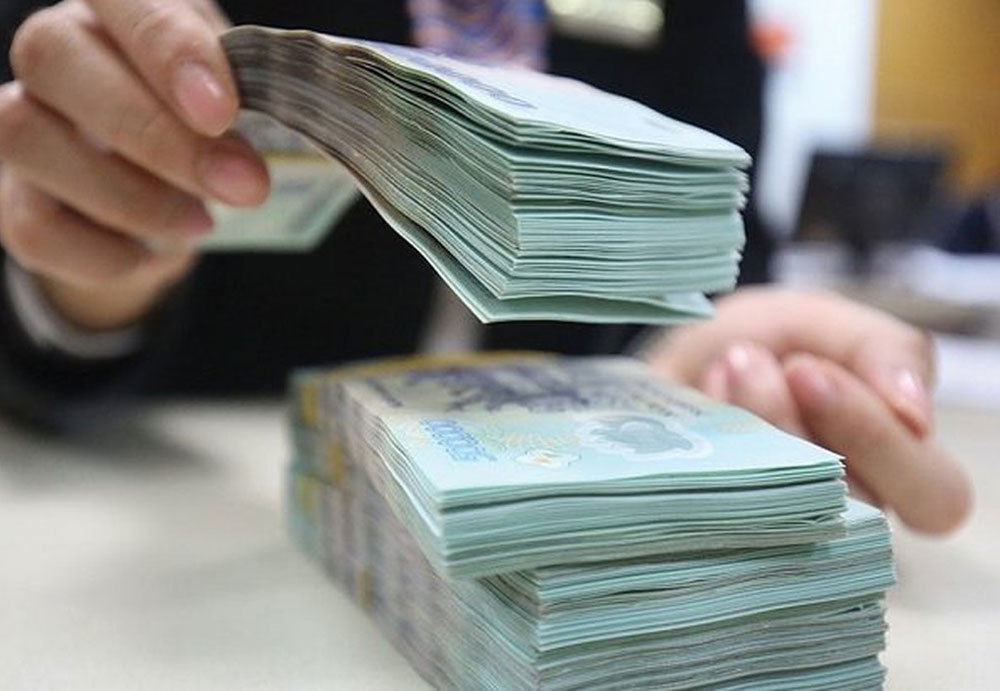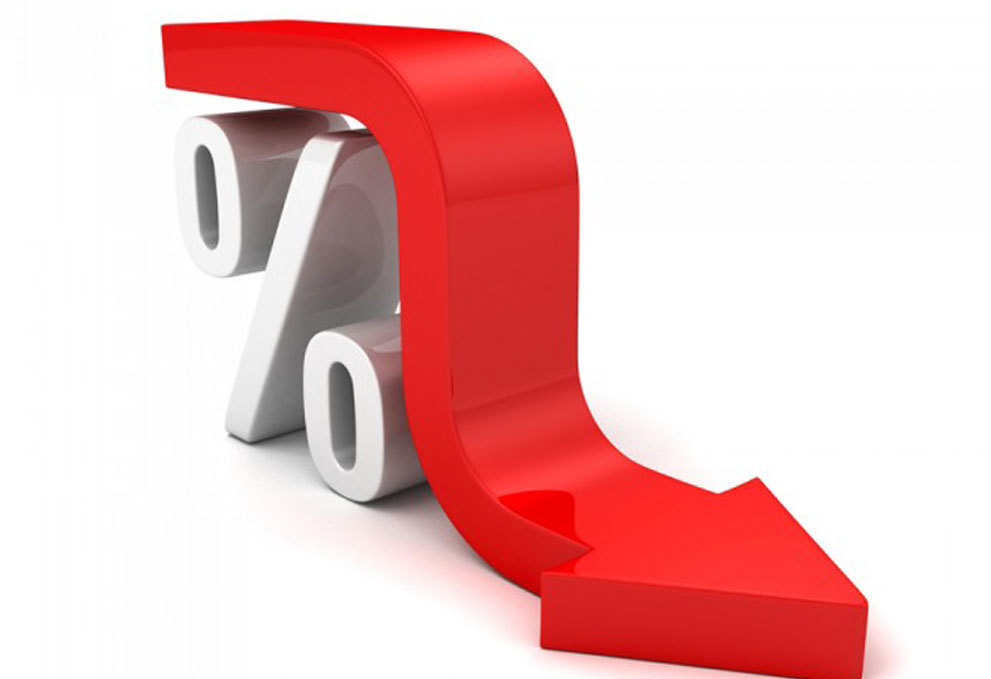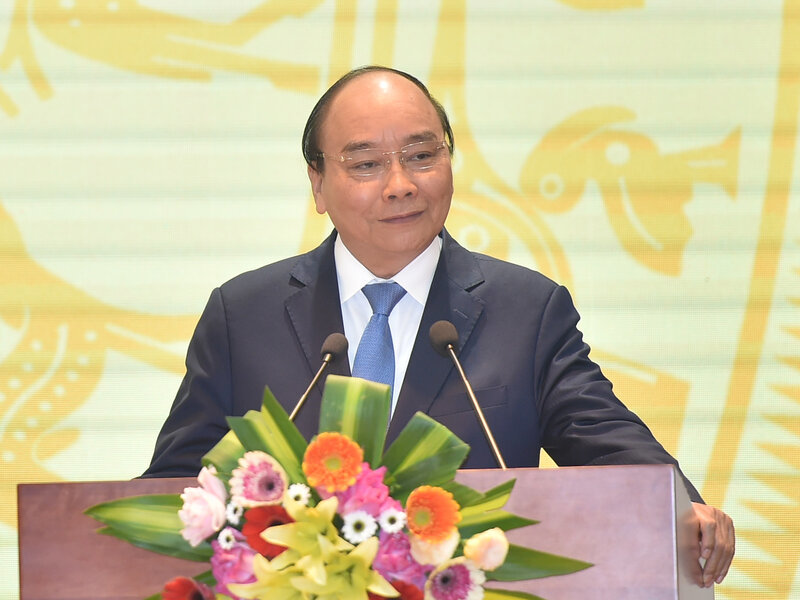- © Copyright of Vietnamnet Global.
- Tel: 024 3772 7988 Fax: (024) 37722734
- Email: [email protected]
interest rate
Update news interest rate
The risk of surging deposit rates
In addition to the risk of bad debts owed by Covid-hit customers, the rise of deposit interest rates rapidly rising is seen as the main risk for the banking system now and in the future.
Businesses nervous as interest rates escalate
Interest rates in the market in recent days have been unfavorable for businesses.
Rising interest rates threaten economic recovery
The most important task for Vietnam in 2022 is supporting economic recovery. Policies need to be designed in a way to implement the task, and lending interest rates must not increase.
Banks criticized for sky-high interest rates, burdening businesses
Many banks made a high profit in 2021 thanks to high lending interest rates. However, they have been warned of ‘making a rod for their own back’.
Deposit interest rates fall, deposits drop to 10-year low
Commercial banks continued easing deposit interest rates in late August, causing deposits at banks to fall to a 10-year low.
Businesses ask banks to ease interest rates as promised
Bank loan interest rates are becoming a heavy burden on businesses, which have been hit hard by Covid-19 for more than a year.
Deposit interest rate proposed to gradually lower to 0%
The Vietnam Association of Financial Investors (VAFI) on Tuesday proposed gradually lowering the Vietnamese dong deposit interest rate to zero per cent.
Bank deposit interest rates up, as stock market, real estate investing risky
Depositing money at banks is currently the safest and most profitable investment channel, as Covid-19 developments remain complicated and the stock market is "hot" and, thus, risky.
Banks cut lending interest rates to lowest level in years
Banks have cut lending interest rates, now at the lowest levels in many years, to help people and businesses hit hard by Covid-19.
Home loan interest rates fluctuate
Many commercial banks have adjusted their preferential home loan interest rates, ranging from 5.99 percent to 9.5 percent per annum.
Prime Minister urges banks to further cut interest rates
The Central bank has lowered its interest rate cap three times by a combined of 1.5-2 percentage points per annum, which is the largest cut in the region.
Interest rates at record low, banks entice clients with car loans
Commercial banks are competing fiercely with each other to disburse car loans. Both lending interest rates and car prices are at a record low.
As bank deposit interest rates fall, people prefer investing in real estate
Individual investors are increasingly buying real estate bonds and land rather than depositing money in banks, which have reduced interest rates on deposits.
Unable to lend to businesses, banks offer consumer loans to individuals
Deposits at banks continue to increase, though deposit interest rates have been decreasing. With plentiful capital, banks are inviting individuals who want to borrow money to buy houses and cars.
Deposit rates hit new lows
Local banks have continued slashing deposit rates to as low as 2.5% per annum, in tandem with the Government’s principle of lowering lending rates to support borrowers.
Interest rates drop, but loans are not increasing
Lending interest rates have decreased significantly, but many businesses still cannot access bank loans at low costs.
SMEs want sharper interest rate cuts
Small and medium enterprises (SMEs) need capital to revive their production, but cannot access bank loans or receive support from local credit guarantee funds.
Lower interest rates not a good thing for equity market
Lower lending rates in the financial-banking market may not mean good things for the securities market, specialist Dao Phuc Tuong said.
VN central bank cuts reserve interest rate to aid the economy
The interest rate of compulsory reserves in the Vietnamese dong at banks will be 0.5 per cent per annum.
Capital in oversupply, banks slash interest rates
 Commercial banks have slashed the deposit interest rates by 0.25-0.5 percent per annum as credit growth continues to be sluggish.
Commercial banks have slashed the deposit interest rates by 0.25-0.5 percent per annum as credit growth continues to be sluggish.
